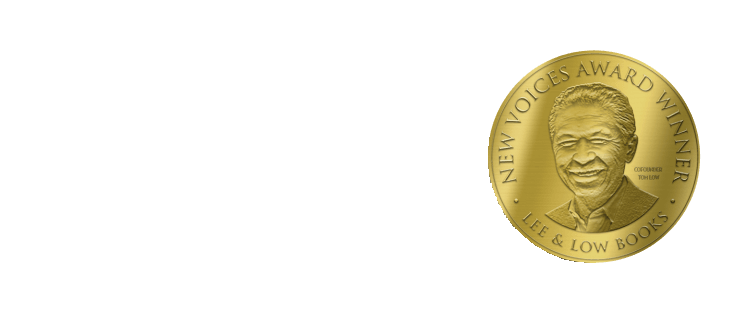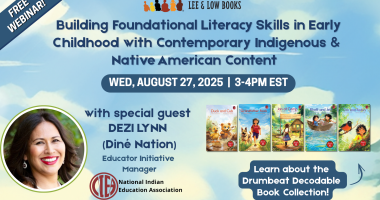In April 2003, researchers completed their analysis of the human genome project. They confirmed that all human beings were 99.9% genetically identical. While science has proven we are nearly the same, why do we continue to judge people based on our perceived differences? Race, religion, politics, meat eaters vs. non-meat eaters—the list is endless. Our life experiences shape us more than the innate sensibilities with which we are born. History also documents the injustices we have bestowed upon each other as a result of deep resentments that have accumulated between groups of people. So while our bodies are the same, our brains—our minds and perceptions—divide us from one another. Ironically, our brains are also the difference between us and the animals who act on instinct alone.
This “top dog” status on the evolutionary chain enables humans to be complex, hypocritical, brilliant, and clueless all at the same time. For every atrocity humans have committed, acts of monumental kindness have also been recorded. History is the measuring stick by which the human race keeps score, and books are the keepers of our stories. Books keep the gospel of humankind intact. We can appreciate this even more as we observe Banned Books Week. Books hold everything between their covers. They pay tribute to the brave, remember the fallen, and let us read first-person accounts of things that happened recently or centuries ago.
So what is the connection between our genetic make up and banned books? Genetics alone did not dictate who we became as a species. For better or worse, it was our interactions with one another that helped shape us into who we are today. That 0.1% of us that is different goes a long way! Banning books can be an attempt to erase that individuality, to hide our differences of opinion, culture, experience, and even biology. But it is those precise differences that help us evolve. Especially when it comes to young readers, restricting access to books means restricting access to and acknowledgement of the differences that shape us. While we can offer guidance to children to make good choices about books, we should not remove their opportunities to choose and become who they really are.








